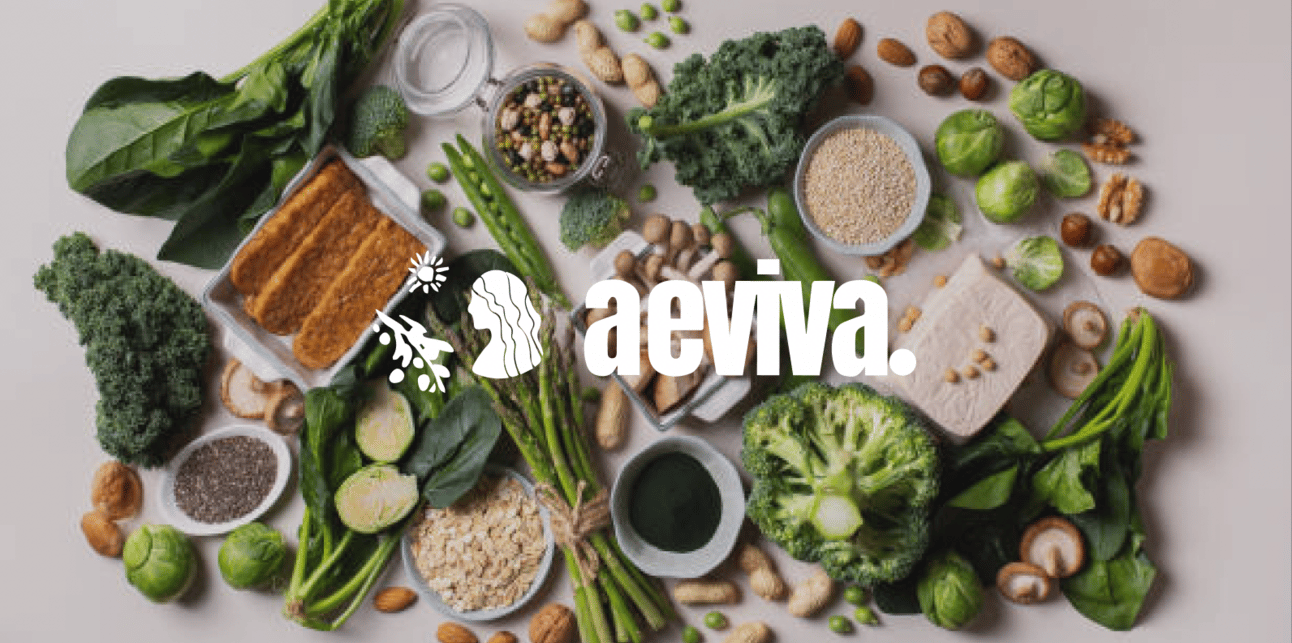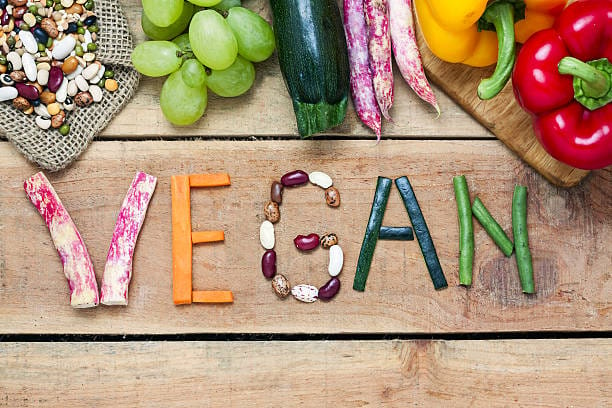- Aeviva
- Posts
- If You’re Vegan or Vegetarian, You Should Read This to Avoid Deficiencies
If You’re Vegan or Vegetarian, You Should Read This to Avoid Deficiencies
From vitamin B12 to iron, here’s how to spot and prevent common deficiencies in plant-based diets.

Switching to a vegan or vegetarian lifestyle can be incredibly rewarding for your health, the environment, and animal welfare. But plant-based diets aren’t without challenges. Several critical nutrients found mainly in animal products are harder to obtain from plants, leading to a higher risk of deficiencies if not carefully managed.
In this article, we’ll break down the most common nutrient gaps in vegan and vegetarian diets, how to spot deficiency symptoms, and the best plant-based alternatives to ensure you’re thriving, not just surviving.

Unlock Better Cognitive Performance: The Scientifically Proven Way to Shield Your Mind and Boost Focus
The importance of protecting brain health from the harmful effects of EMF exposure is growing in research and public knowledge. EMFs can interfere with brain function, leading to issues like cognitive fatigue, lack of focus, and long-term neurological risks. Aires Tech products have been scientifically validated through numerous EEG brain scans administered by neuroscientists, showing significant improvements in brain activity and function when using our EMF protection. With Aires Tech, you can trust their technology is proven to safeguard your brain and support optimal cognitive performance.
Key Nutrients to Watch
Nutrient | Why It’s Important | Main Animal Sources | Signs of Deficiency | Plant-Based Alternatives |
|---|---|---|---|---|
Vitamin B12 | 🌟 Red blood cell production, neurological health | Meat, fish, dairy, eggs | 😴 Fatigue, tingling in extremities, memory issues | 🌱 Fortified cereals, nutritional yeast |
Iron | 💪 Oxygen transport, energy production | Red meat, poultry, fish | 😓 Fatigue, pale skin, brittle nails | 🥬 Lentils, tofu, spinach (boost with vitamin C) |
Omega-3s | 🧠 Brain function, heart health | Fatty fish (salmon, mackerel) | 🧴 Dry skin, brain fog, joint pain | 🌿 Flaxseeds, walnuts, chia seeds, algae supplements |
Zinc | 🛡️ Immune function, wound healing | Shellfish, red meat, poultry | 🤒 Weak immunity, delayed wound healing, hair thinning | 🎃 Pumpkin seeds, quinoa, sprouted grains |
Calcium | 🦴 Bone health, muscle function | Milk, cheese, yogurt | 🦷 Brittle bones, dental issues | 🥛 Fortified plant milks, tofu, kale |
Vitamin D | ☀️ Calcium absorption, immune support | Fatty fish, egg yolks | 🌥️ Bone pain, low mood, increased illness | 🍊 Fortified foods, vitamin D2/D3 supplements |
Iodine | 🌀 Thyroid function, metabolism | Fish, dairy products | 😵 Enlarged thyroid, fatigue, weight fluctuations | 🧂 Iodized salt, seaweed, cranberries |
Protein | 🏋️ Muscle repair, hormone production | Meat, poultry, eggs | 🛑 Muscle loss, weakened immunity | 🍛 Lentils, beans, tofu, tempeh, quinoa |
Selenium | 💻 Antioxidant support, thyroid health | Fish, eggs, Brazil nuts | 😔 Fatigue, hair loss, weakened immune system | 🥜 Brazil nuts, sunflower seeds, brown rice |

Understanding the Risks
While plant-based diets are rich in fiber, antioxidants, and plant protein, studies show:
B12 Deficiency: Affects up to 86% of vegans without supplementation.
Iron Deficiency Anemia: Occurs in 25-50% of vegetarians and vegans.
Omega-3 Deficiency: Vegans have 30-50% lower EPA and DHA levels than omnivores.
💡 Fact: Nutrient absorption from plant sources can be lower due to compounds like phytates, which bind minerals and reduce bioavailability.
What You Can Do
Include Fortified Foods: Add plant milks, cereals, and nutritional yeast enriched with vitamins and minerals. 🥛
Pair Foods Strategically: Eat vitamin C-rich foods (e.g., citrus, bell peppers) with iron-rich meals to boost absorption. 🍋
Take Supplements: B12, omega-3, and vitamin D are often essential for plant-based eaters. 💊
Eat a Variety of Foods: Rotate legumes, grains, nuts, and vegetables to cover all nutrient bases. 🥗
Monitor Your Symptoms: Fatigue, brittle nails, and frequent illness may indicate a deficiency. 🚨
Fuel Your Ambitions
40g protein, plus 27 essential vitamins & minerals
Ready in 30 seconds – just shake, sip, go
New customers get 15% off with code BEHUEL15
Interactive Section: Poll – How Balanced Is Your Plant-Based Diet?

What’s your biggest challenge with a vegan or vegetarian diet?
🌱 Getting enough protein.
🩺 Avoiding deficiencies like B12 or iron.
🍳 Finding time to plan balanced meals.
💊 Remembering to take supplements.
💡 Follow-Up: Let us know your top concerns, and we’ll create content to help you tackle them!
A vegan or vegetarian diet can be incredibly healthy when done right. By focusing on nutrient-rich foods, fortified products, and mindful supplementation, you can avoid hidden deficiencies and thrive on a plant-based lifestyle. With the right balance, your body will thank you! 🌟
Take-Home Message
Vegan and vegetarian diets may lack B12, iron, omega-3s, zinc, calcium, iodine, protein, and selenium.
Symptoms of deficiency include fatigue, brittle nails, hair loss, and low immunity. 🚨
Fortified foods (e.g., cereals, plant milks) and supplements are essential to fill gaps.
Pair nutrient-dense foods with enhancers (e.g., iron + vitamin C) to boost absorption. 🥗
Monitor your health and consult a doctor if you notice persistent symptoms.



Reply